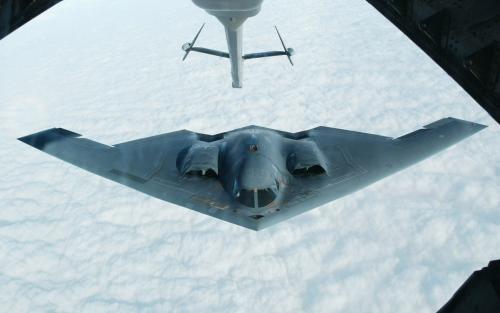As the U.S. wrestles with the challenges of the war on terrorism and its souring relations with the Islamic world, the question repeatedly asked across America is, “Why do they hate us?” The “they” in this question referred not only to the terrorists themselves and their direct supporters, but also the broader public in Muslim communities and countries. While Muslim populations in general reject terror and seek democracy and freedom—the very ideals upon which the United States was founded—they also have an increasing antipathy towards the U.S. government and its policies. The paradigm through which America chooses to answer this question of “why do they hate us?” and how it responds will be crucial to national security in the decades ahead.1
Definitions of public diplomacy range from one-way, push-through, mass communication to paradigms based on the concept that two-way communication is the best method to change and inform public points of view. As long defined by the United States Information Agency (now folded into the Department of State), public diplomacy is comprised of those activities which seek “to promote the national interest and the national security of the United States through understanding, informing, and influencing foreign publics and broadening dialogue between American citizens and institutions and their counterparts abroad.”2 Indeed, this report embraces the view that to be successful, public diplomacy can and should be centered in genuine “dialogue.”
Other definitions of public diplomacy include that of the Planning Group for the Integration of the United States Information Agency, which states, “Public diplomacy seeks to promote the national interest of the United States through understanding, informing, and influencing foreign audiences.”3 Similarly, the Department of State defines public diplomacy as “government-sponsored programs intended to inform or influence public opinion in other countries; its chief instruments are publications, motion pictures, cultural exchanges, radio, and television.”4
The similarity in these definitions is the understanding that the U.S. government can and should attempt to shape the political environment in which it and other governments operate. Compared to traditional diplomacy, which focuses only on dialogue between governments in pursuit of their respective national interests, public diplomacy is the business of communicating with non-state civil society actors such as NGOs, newspapers, and the general public. The goal is to interact with and build support among non-state actors for two reasons. First, they have an ability to influence our national security and prosperity directly either as allies or adversaries in the effort to strengthen American security. Second, civil society actors also have the ability to influence our national security and prosperity indirectly through their influence on their own governments’ actions, as well as their influence in promoting democratic values and improving societal conditions.
The scope of this report is to analyze the public diplomacy efforts of the Department of State and the White House and suggest a new contextual paradigm on which such efforts should be based, recommend improvements to these efforts, and propose new initiatives. As such, there are a few fields that are sometimes characterized as related to public diplomacy but lie outside the scope of this paper: public affairs and psychological operations. Public affairs is defined as “the provision of information to the public, press and other institutions concerning the goals, policies, and activities of the U.S. Government…. The thrust of public affairs is to inform a domestic (American) audience.”5 On the other hand, “psychological operations” are the domain of the Department of Defense. Their role is to influence foreign attitudes and behavior for military advantage. Messages are not required to be complete or balanced, but merely to affect the military situation. These are certainly valuable policy tools, but cannot substitute for a proper public diplomacy apparatus.
The Brookings Institution is committed to quality, independence, and impact.
We are supported by a diverse array of funders. In line with our values and policies, each Brookings publication represents the sole views of its author(s).



